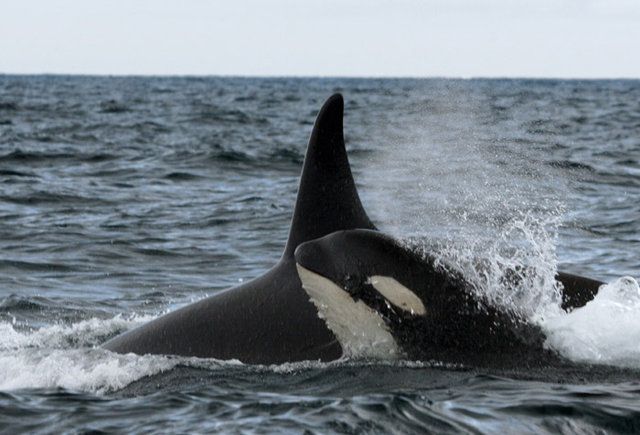|
|
Orca Whale
|
Conservation
In 2008, the IUCN changed its assessment of the killer whale's conservation status from conservation dependent to data deficient, recognizing that one or more killer whale types may actually be separate, endangered species. Depletion of prey species, pollution, large-scale oil spills, and habitat disturbance caused by noise and conflicts with boats are currently the most significant worldwide threats.
Like other animals at the highest trophic levels, the killer whale is particularly at risk of poisoning from accumulation of toxins, including polychlorinated biphenyls (PCBs). European Harbour seals have problems in reproductive and immune functions associated with high levels of PCBs and related contaminants, and a survey off the Washington coast found that PCB levels in killer whales were higher than levels that had caused health problems in harbour seals. Blubber samples in the Norwegian Arctic show higher levels of PCBs, pesticides and brominated flame-retardants than in polar bears. When food is scarce, killer whales metabolize blubber for energy, which increases pollutant concentrations.
|
|









